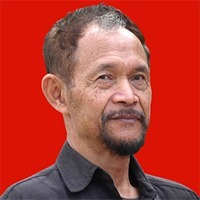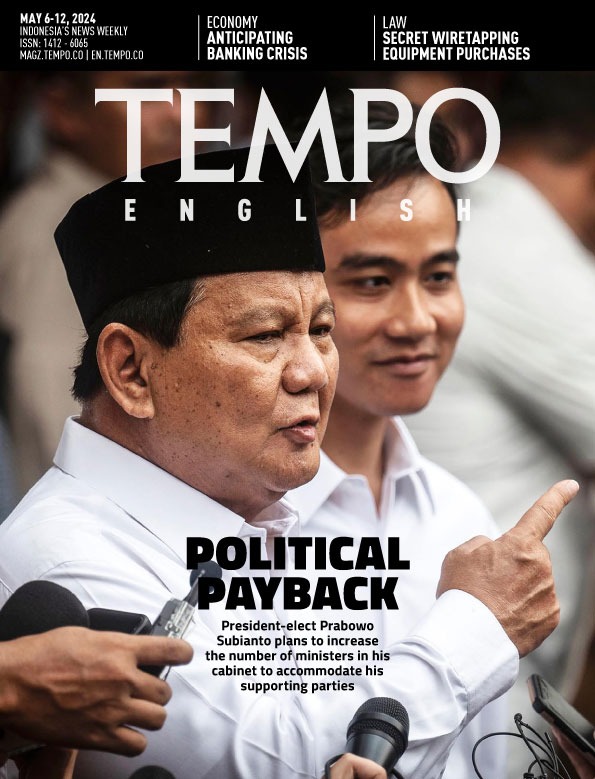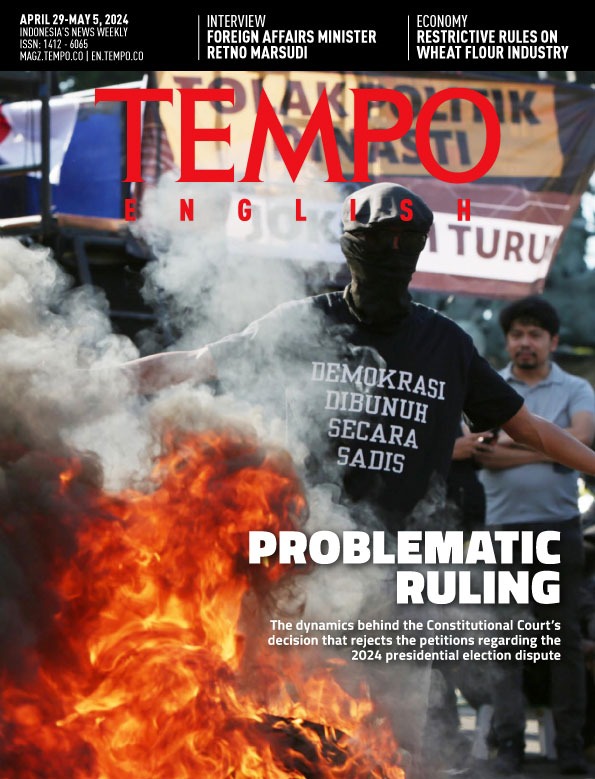Ruslan
Monday, October 26, 2020
arsip tempo : 171518921878.

IN his village in Central Java, Ruslan has no time for shouting. While Jakarta rings with the noise of three words pitted against each other—‘Workers’, ‘Business’ and ‘Bureaucracy’—he is busy planting yams. With his cracked hoe he digs the earth in his backyard. And into the 50-centimeter deep holes, he puts straw for fertilizer.
He is pleased. Already, 195 of the plants have grown. He is both
...
Subscribe to continue reading.
We craft news with stories.
 For the benefits of subscribing to Digital Tempo, See More
For the benefits of subscribing to Digital Tempo, See More








